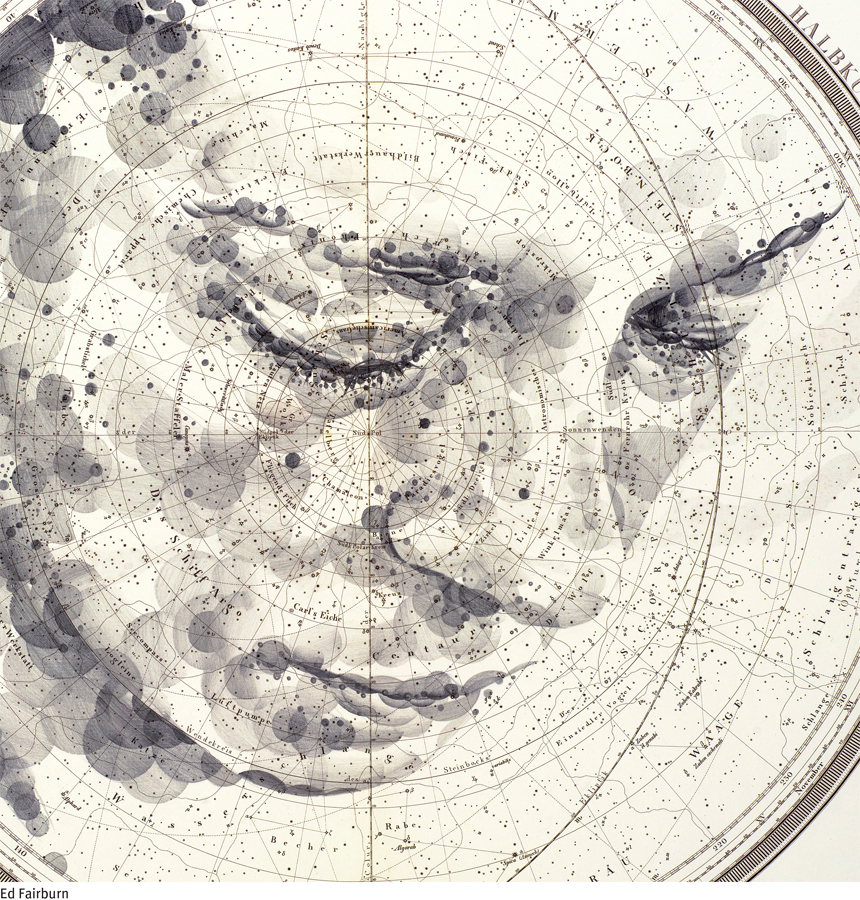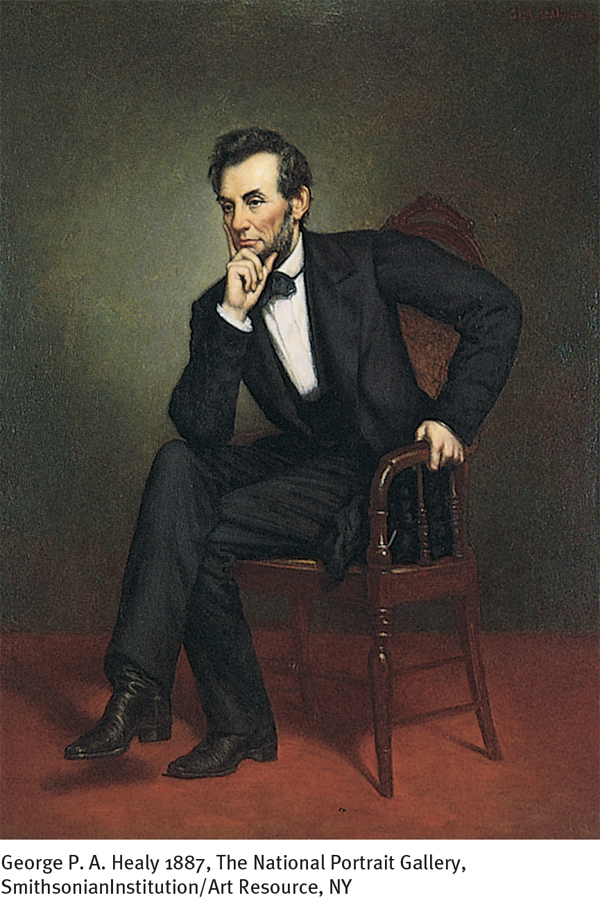Chapter Introduction
| CHAPTER |
| 7 |
Depressive and Bipolar Disorders

TOPIC OVERVIEW
How Common Is Unipolar Depression?
What Are the Symptoms of Depression?
Diagnosing Unipolar Depression
The Biological View
Psychological Views
Sociocultural Views
What Are the Symptoms of Mania?
Diagnosing Bipolar Disorders
What Causes Bipolar Disorders?
The first conscious thought that all was not well with me came … when I was twenty-
After a while I stopped showing up at my temp job, stopped going out altogether, and locked myself in my home. It was over three weeks before I felt well enough to leave. During that time, I cut myself off from everything and everyone. Days would go by before I bathed. I did not have enough energy to clean up myself or my home. There was a trail of undergarments and other articles of clothing that ran from the living room to the bedroom to the bathroom of my tiny apartment. Dishes with decaying food covered every counter and tabletop in the place. Even watching TV or talking on the phone required too much concentration. … All I could do was take to my pallet of blankets and coats positioned on the living room floor and wait for whatever I was going through to pass. And it did. Slowly. … The problem is that there is no telling when [depression] will go away or for how long it will stay gone…
During the time I was laid up in my apartment making huge efforts to do simple things like brush my teeth and pull open the curtains, people had traveled, landscapes had changed; the world as I had known it before I surrendered and crawled into bed was no more. There was no escaping that episode without acknowledging that something extraordinary had happened to me. Ordinary folks just don’t hole themselves up for weeks on end without bathing, working, reading the newspaper, talking to friends, or watching TV. Deep down, I knew that something had gone wrong with me, in me. But what could I do? Stunned and defenseless, the only thing I felt I could do was move on. I assured myself that my mind and the behaviors it provoked were well within my control. In the future I would just have to be extremely aware. I would make sure that what happened did not happen again. But it did. Again and again, no matter how aware, responsible, or in control I tried to be. Each time, … I chastised myself for not paying attention to my emotions, for allowing myself to sink to such disgusting depths.
Each wave of the depression cost me something dear. I lost my job because the temp agencies where I was registered could no longer tolerate my lengthy absences. Unable to pay rent, I lost my apartment and ended up having to rent a small room in a boarding house. I lost my friends. Most of them found it too troublesome to deal with my sudden moodiness and passivity so they stopped calling and coming around. There were some that tried to hang in there and be supportive, but before long the depression took its toll on those relationships as well. Whenever I resurfaced from my episodes of depression, it was too hard to pick up where we had left off. “You’ve changed,” my friends told me. “You’re not the same person.” How could I be? How could anyone be the same after their entire world has come to a screeching halt?
(Danquah, 1998)

Most people’s moods come and go. Their feelings of elation or sadness are understandable reactions to daily events and do not affect their lives greatly. However, the moods of certain people last a long time. As in the case of Meri Nana-
 depression A low, sad state marked by significant levels of sadness, lack of energy, low self-
depression A low, sad state marked by significant levels of sadness, lack of energy, low self-
 mania A state or episode of euphoria or frenzied activity in which people may have an exaggerated belief that the world is theirs for the taking.
mania A state or episode of euphoria or frenzied activity in which people may have an exaggerated belief that the world is theirs for the taking.
Mood problems of these kinds are at the center of two groups of disorders—
 depressive disorders The group of disorders marked by unipolar depression.
depressive disorders The group of disorders marked by unipolar depression.
 unipolar depression Depression without a history of mania.
unipolar depression Depression without a history of mania.
 bipolar disorder A disorder marked by alternating or intermixed periods of mania and depression.
bipolar disorder A disorder marked by alternating or intermixed periods of mania and depression.
Mood problems have always captured people’s interest, in part because so many famous people have suffered from them. The Bible speaks of the severe depressions of Nebuchadnezzar, Saul, and Moses. Queen Victoria of England and Abraham Lincoln seem to have experienced recurring depressions. Mood difficulties also have plagued writers Ernest Hemingway and Sylvia Plath, comedians Jim Carrey and Rodney Dangerfield, and musical performers Eminem and Beyoncé. Their problems have been shared by millions, and today the economic costs of depressive and bipolar disorders amount to many billions of dollars each year (NAMI, 2014; Dilsaver, 2011). Of course, the human suffering that severe mood difficulties cause is beyond calculation.